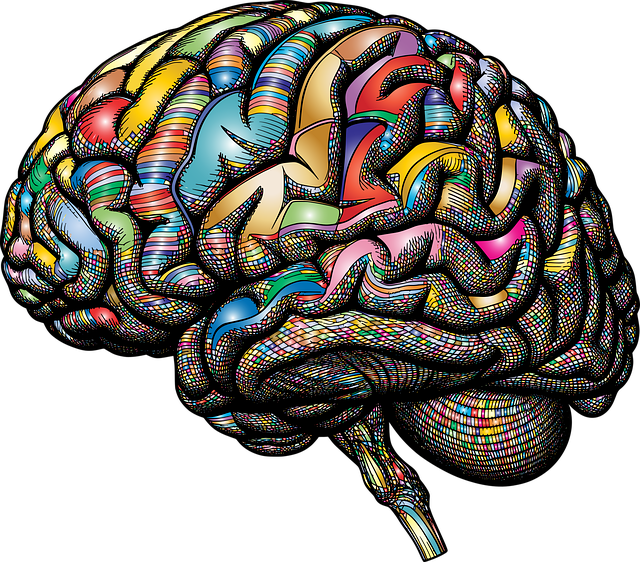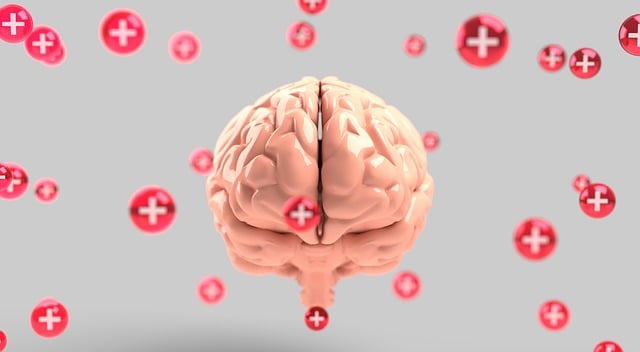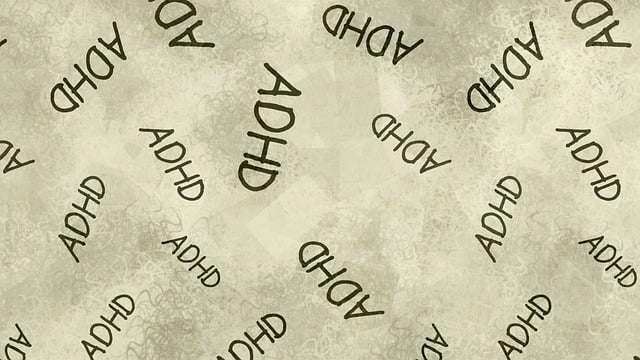Boulder Grief Counseling Therapy (BGCT) offers powerful emotion regulation techniques for navigating complex emotions after loss or grief, stress management, and anxiety. By teaching empathy building strategies, conflict resolution, and self-kindness, BGCT enhances resilience and mental well-being. Personalized approaches cater to diverse needs, ensuring effective coping mechanisms tailored to individual histories and experiences. Integrating these skills through BGCT and education programs is crucial for managing emotions, preventing mental health issues, and fostering a balanced mindset.
Emotion regulation techniques are essential skills for navigating life’s challenges. This comprehensive guide explores the fundamental concepts of emotion regulation, highlighting the pivotal role of Boulder Grief Counseling Therapy in teaching these valuable tools. We delve into practical strategies for effective emotional management, emphasizing customization to meet individual needs. Furthermore, we discuss how education in emotion regulation fosters resilience and adaptability, offering a transformative path to holistic well-being.
- Understanding Emotion Regulation: Unraveling the Basics
- The Role of Boulder Grief Counseling Therapy in Teaching These Skills
- Practical Techniques for Effective Emotion Management
- Customizing Strategies for Individual Needs and Challenges
- Fostering Resiliency and Adaptability through Emotion Regulation Education
Understanding Emotion Regulation: Unraveling the Basics

Emotion regulation is a vital skill that involves recognizing, understanding, and managing our feelings effectively. It’s about more than just suppressing emotions; it’s an essential process that enables individuals to respond to situations in healthy and constructive ways. This concept has gained significant attention in the field of psychology, especially within Boulder Grief Counseling Therapy, where professionals help clients navigate through difficult emotional landscapes.
By learning these techniques, individuals can build inner strength and resilience. It empowers them to make sense of their emotions, especially during challenging times, and offers tools for burnout prevention strategies, which are crucial for healthcare providers who often deal with high-stress situations. Understanding emotion regulation is a powerful step towards enhancing one’s mental well-being and finding effective anxiety relief.
The Role of Boulder Grief Counseling Therapy in Teaching These Skills

Boulder Grief Counseling Therapy plays a pivotal role in teaching emotion regulation skills, offering a unique and effective approach to mental health awareness. This therapy is designed to help individuals navigate complex emotions, especially during times of loss or grief. By fostering empathy building strategies, it equips clients with tools to understand and manage their feelings, enabling them to respond adaptively rather than reactively. The process involves exploring emotional triggers, identifying healthy coping mechanisms, and developing conflict resolution techniques that promote a sense of balance and inner peace.
Through the lens of Boulder Grief Counseling Therapy, individuals learn to recognize and accept their emotions as valid parts of the human experience. This acceptance is crucial for effective emotion regulation. By engaging in this therapy, clients can transform their relationship with their feelings, fostering a deeper understanding of themselves and others. As a result, they become better equipped to handle challenging situations, enhancing their overall well-being and resilience.
Practical Techniques for Effective Emotion Management

Emotion regulation techniques are essential tools for navigating life’s challenges and cultivating well-being. At Boulder Grief Counseling Therapy, we emphasize practical approaches that empower individuals to effectively manage their emotions. One powerful method is Compassion Cultivation Practices, which involve fostering self-kindness and understanding towards oneself, reducing harsh self-criticism and promoting emotional resilience.
Additionally, Conflict Resolution Techniques play a crucial role in emotion regulation by teaching individuals how to address and de-escalate conflicts constructively. By combining these strategies with Self-Esteem Improvement techniques, people can enhance their ability to cope with stress, anger, or sadness, leading to improved overall mental health.
Customizing Strategies for Individual Needs and Challenges

Emotion regulation techniques are most effective when tailored to individual needs and challenges. What works for one person might not be suitable for another, especially considering unique personal histories and experiences. For instance, someone seeking Boulder Grief Counseling Therapy may require strategies that address profound sorrow and loss, which differ from those needed by an individual managing chronic stress or anxiety.
The Stress Management Workshops Organization emphasizes the importance of this personalization in their practices. By incorporating techniques like Compassion Cultivation Practices and Positive Thinking, they cater to diverse participants’ needs. Such flexibility ensures that emotion regulation becomes a powerful tool for self-care, enabling individuals to navigate their emotional landscapes effectively and foster mental well-being.
Fostering Resiliency and Adaptability through Emotion Regulation Education

Emotion regulation techniques play a pivotal role in fostering resilience and adaptability, especially for individuals navigating challenging life situations. Through comprehensive Boulder grief counseling therapy and mental health education programs designed to teach emotional regulation, people can learn to manage their emotions effectively. This skill set becomes invaluable in dealing with stress, trauma, or even everyday interpersonal interactions.
By integrating these techniques into their lives, individuals can enhance their overall well-being, prevent conditions like depression, and navigate life’s twists and turns with greater ease. Mental health education programs that prioritize emotional regulation offer a proactive approach to mental health care, empowering individuals to take charge of their emotional responses and cultivate a more balanced mindset.
Emotion regulation techniques, as explored in this article, are invaluable tools for enhancing mental well-being. The integration of Boulder Grief Counseling Therapy provides a structured framework for individuals to navigate and manage their emotions effectively. By understanding the basics and employing practical strategies, people can foster resilience and adaptability in the face of life’s challenges. Customizing these techniques to meet individual needs ensures personalized growth and promotes overall emotional health.














